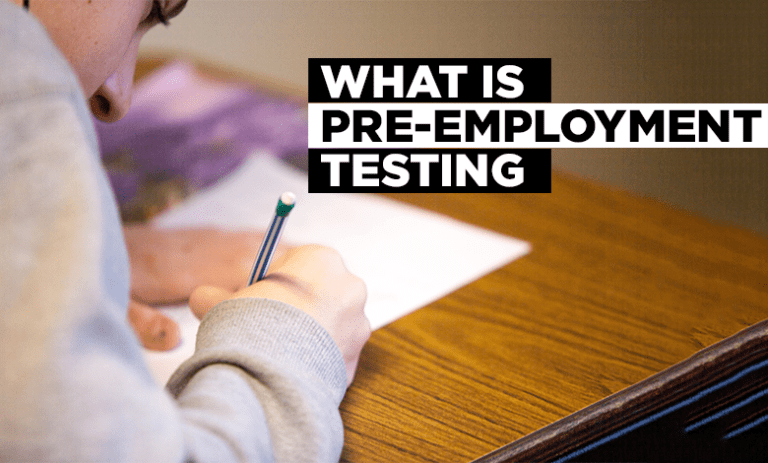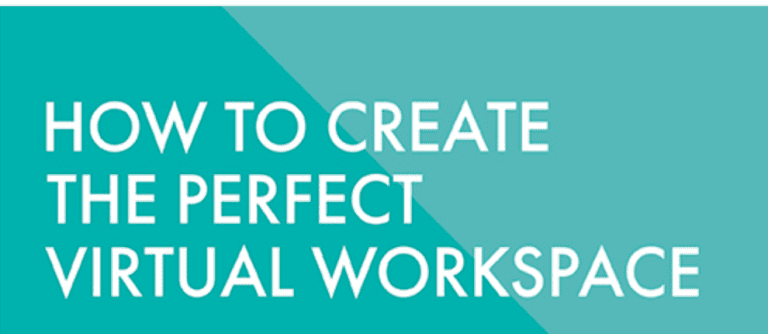In today’s ever-changing workplace, achieving equality has become a top priority for both organizations and employees. As businesses increasingly understand the value of creating diverse and inclusive environments, the focus is on the obstacles and advancements in attaining equal rights in the workplace.
When facing an equality issue at work, it is crucial to enlist the help of a skilled settlement agreement solicitor. They provide the necessary legal expertise to negotiate and achieve fair resolutions that uphold the rights and dignity of everyone involved.
Addressing Inequality in the Modern Workplace
Despite progress, workplace equality remains a challenge. Gender disparities, particularly in pay, persist. Recent studies show that women still earn less than men for the same work. Closing the gender pay gap requires comprehensive measures to ensure fair compensation.
Additionally, the underrepresentation of certain groups in leadership roles is concerning. Ethnic and racial minorities, as well as individuals with disabilities, face barriers to career advancement. The lack of diversity in top-tier positions not only limits equal opportunities but also restricts diverse perspectives in decision-making.
Discrimination, whether overt or subtle, continues to occur in UK workplaces. Instances of unequal treatment based on age, sexual orientation, and religion are reported regularly, emphasizing the need for cultural change. Addressing unconscious bias through training and awareness campaigns is vital to creating an inclusive environment where all employees feel valued and respected.
The Evolving Legal Framework
The UK’s legal framework for workplace equality has made significant progress, with the Equality Act 2010 serving as a vital safeguard against discrimination. This Act protects against discrimination based on factors such as age, disability, gender reassignment, marriage and civil partnership, pregnancy and maternity, race, religion or belief, sex, and sexual orientation.
However, enforcing these equality rights remains a challenge. Many cases go unreported due to fear of retaliation or a lack of awareness about available options. It is crucial to strengthen reporting avenues and protect whistle-blowers to address this issue effectively.
The changing landscape of work has also brought about new challenges, including discrimination in remote work settings. There is a growing call for legislative updates that address these emerging issues. Lawmakers are urged to consider amendments that align with the realities of today’s workplace.
Advancing Equality and Diversity: Innovative Corporate Initiatives
Leading global companies are taking a proactive stance in promoting equality and diversity. They understand that having a diverse workforce not only aligns with ethical values but also brings strategic advantages. These organizations are implementing creative initiatives to foster inclusivity.
One key initiative is offering flexible working arrangements, which provide employees with better work-life balance. This flexibility has proven particularly valuable for women, enabling them to advance their careers while meeting family commitments. Forward-thinking companies are also investing in mentorship and sponsorship programs to support employees from underrepresented groups in their career journeys.
Another powerful tool is the transparency in pay reporting, which holds organizations accountable for their commitment to equality. More and more companies are disclosing gender pay gaps, sparking internal discussions and external pressures for corrective action. This trend is expected to continue, with a focus on broader reporting that encompasses other diversity factors.
By embracing these initiatives, companies are paving the way for progress and improving the overall workplace environment for everyone.
Embracing Diversity for Success
For true workplace equality, a united effort is needed from businesses, policymakers, and individuals in the UK. It is not only a legal requirement, but also a moral duty to establish a culture that values diversity and inclusion, as it contributes to the long-term success and sustainability of organizations.
Looking ahead, the focus should be on addressing intersectionality – the intertwined nature of social categories like race, gender, and disability. Recognizing and understanding the unique challenges faced by individuals with multiple identities is crucial in creating truly inclusive workplaces.
The road towards workplace equality is ongoing, with both obstacles and encouraging progress. By continuing to prioritize legal frameworks, corporate initiatives, and responsible use of technology, we are getting closer to the vision of a workplace where everyone is treated fairly and has equal opportunities to thrive.
Embracing equality is not just a professional duty; it is an investment in a future where diversity is celebrated, and every individual can reach their full potential.






